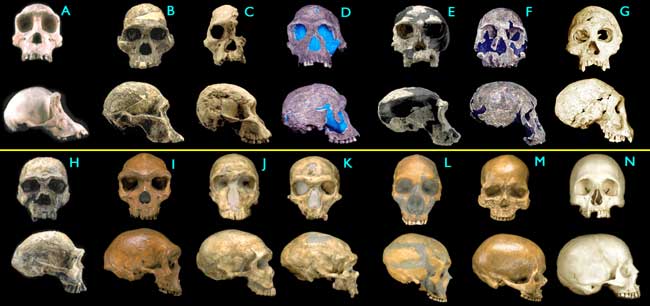If anyone wants to truly have this conversation, there needs to be common ground when anyone discusses this issues. Otherwise it de-evolves into a debate over semantics. Which I hope is not the intent.
The first word which has to be decided on is "theory".
Theory in the scientific context means a mathematical or logical explanation, or a testable model of the manner of interaction of a set of natural phenomena, capable of predicting future occurrences or observations of the same kind, and capable of being tested through experiment or otherwise falsified through empirical observation. [from wikipedia.org (hopefully that is acceptable for documenting, as I personally find it to be fairly accurate and written in less technical terms)
http://en.wikipedia.org/wiki/Theory ]
It does not follow that a theory is "just a guess". A guess assumes that you look at a dog eating its food and arbitrarily assume it is because it is cold. If it is arbitrary, than you are not making any basis for your answer except just a gut feeling. A guess is likely wrong, because there is no basis for it.
Now, you could try to falsify your claim and start adjusting the ambient temperature where the dog is kept, and see if it changes anything in regard to if the dog goes for the food. That would be testing your theory. If temp makes no significant difference in the dogs action, you could falsify your claim or theory.
Therefore a guess can be a theory, but it is illogical to assume that all theories are nothing more than arbitrary guesses. Those arbitrary guesses would be easily falsified (as exampled in the above).
You could then make a new claim, or theory. You could say that the dog goes for the food because it is hungry, basing this on the observation that you yourself like to eat when you are hungry. You could then test this. Maybe you feed the dog a big meal, and then soon afterwards, place the food in front of the dog. Now, it is likely that the dog will still eat it. They are opportunistic feeders and have learned to eat whenever food is present because they may not always get the opportunity to feed again soon. But, maybe you put the food some distance away and time how long it takes the dog to reach the food and eat it. Then, increase the pre-meal and keep timing. If it takes longer and longer for the dog to eat the food, the more it supports that the dog is eating the food based on hunger (because you are assuming the pre-meal reduces the feeling of hunger). Maybe it would even get to the point (if a large enough pre-meal is presented) where the dog shows no interest.
But you could never say that a dog eats because its hungry for absolute surety. Just with increasing surety as more and different tests are presented.
You could also say that the theory may be wrong, because we are not the dog in question, and therefore we do not even know if it feels hunger with complete surety. I in fact could suggest that the dogs knew they were being tested and wanted us to come to the conclusion and therefore were trying to fool us and skew our data.
But, what seems more likely?
Though this was a simplistic model, it portrays how a theory works in science, and why it is not a guess, and also why no one says, "This theory is proved." Just that this theory fits the evidence better than any other, or this theory has the most evidence behind it.
Does everyone agree on the definition of a scientific theory that I listed above?
Does anyone disagree?




